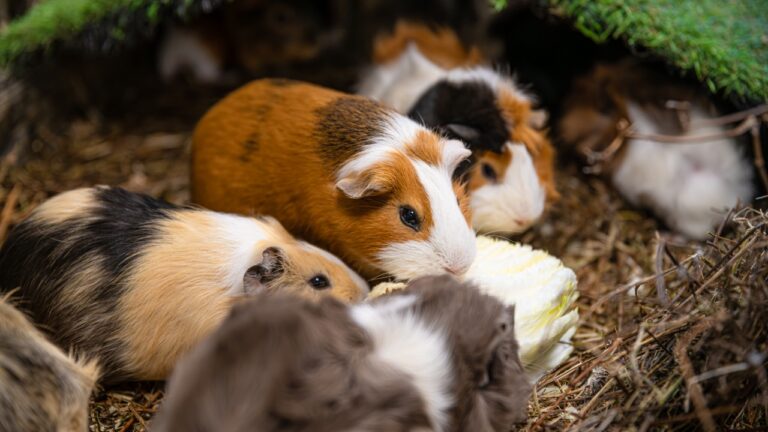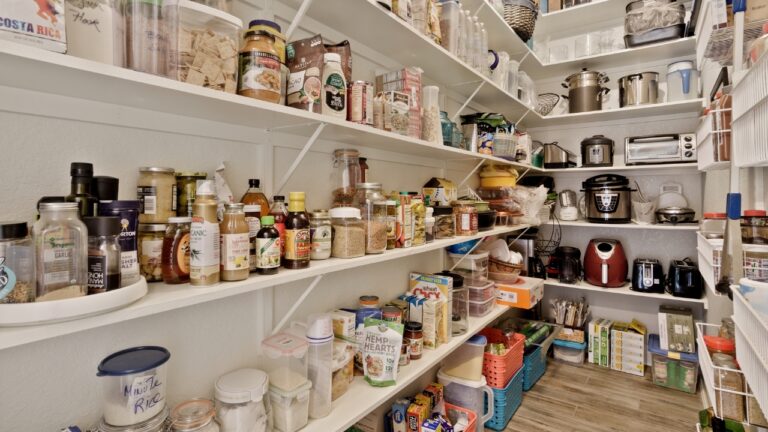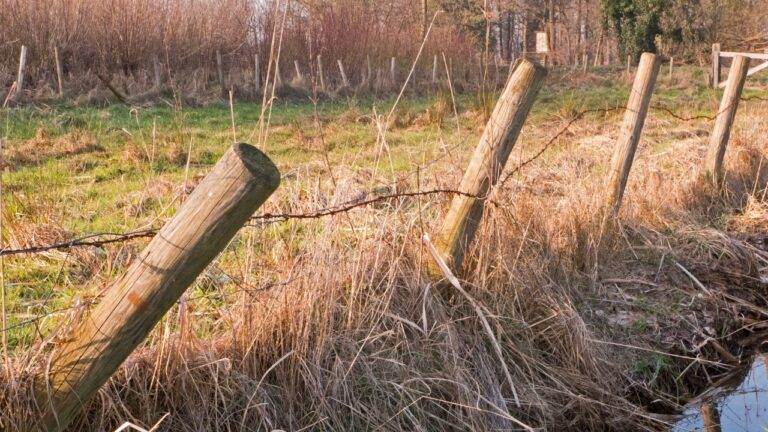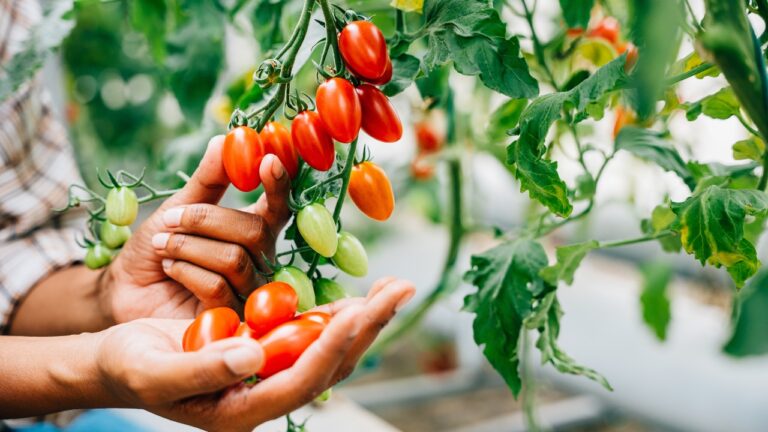Feed Storage Mistakes That’ll Ruin the Whole Batch
Keeping feed dry, clean, and safe sounds simple, but it’s easier to mess up than most folks think. One slip, and you’re dealing with moldy grain, wasted money, or sick animals.
Storing It in the Bag

Feed bags aren’t designed for long-term storage—especially in humid areas. They soak up moisture from the ground or air and break down fast.
Pour feed into airtight containers as soon as you get home. Even a basic metal trash can with a tight lid is better than leaving it in the bag.
Using the Wrong Containers
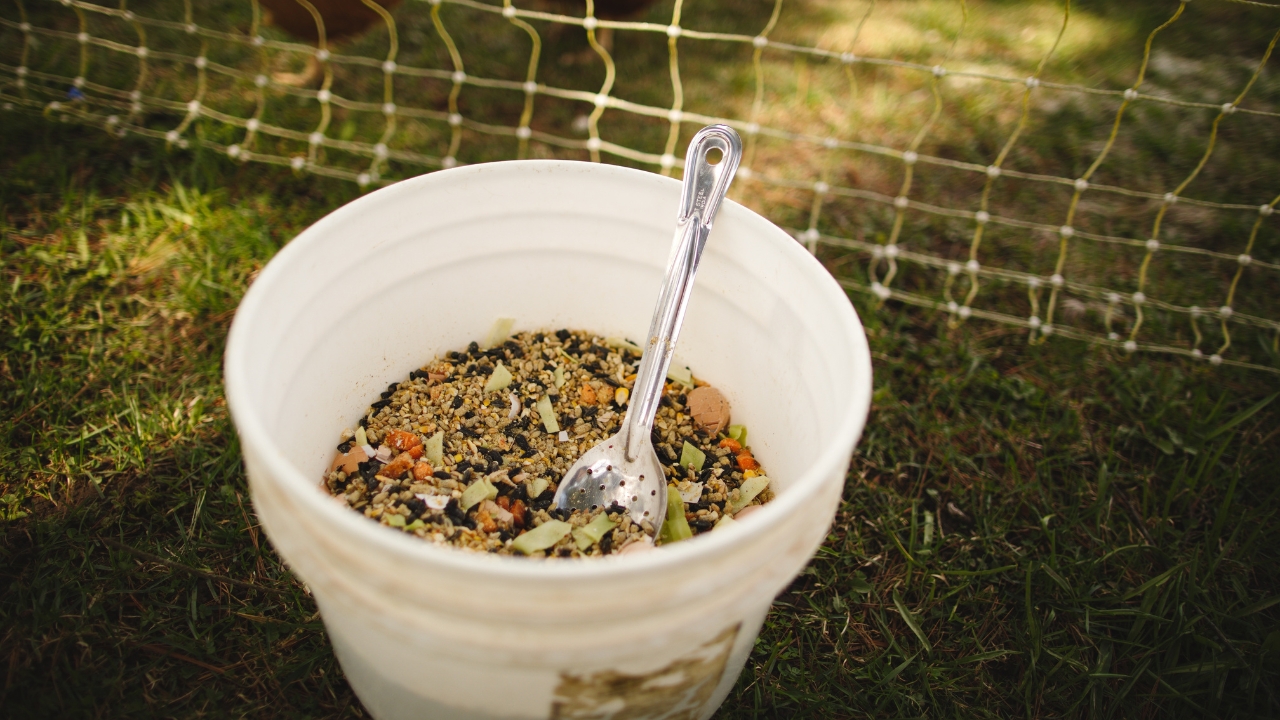
Plastic tubs from the store might seem fine, but if they’re not food-grade or airtight, they can leach chemicals or let in moisture.
Stick with containers meant for feed, like Gamma2 Vittles Vaults or metal bins with locking lids. Rodents chew through cheap plastic.
Leaving It in Direct Sunlight
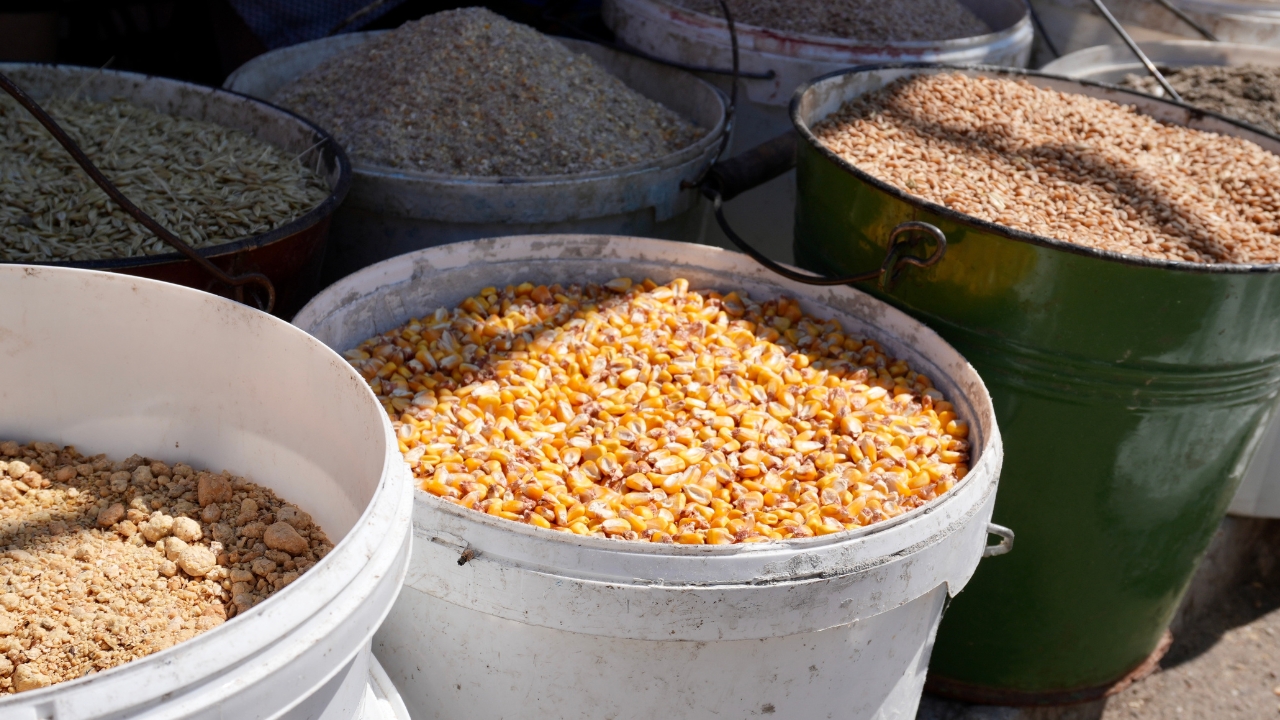
Feed left in direct sun bakes in the container and speeds up spoilage, especially anything with molasses or fat.
Tuck it in a shaded, dry area and make sure it’s off concrete if that area sweats in the summer.
Not Rotating Your Supply

Dumping new feed on top of old can lead to stale, spoiled grain at the bottom—especially if you’re not scooping from the bottom up.
Empty the bin completely before refilling, or at least make sure older feed gets used first.
Letting Feed Get Too Old

Most folks don’t realize feed has a shelf life. Once it’s past a few months, the nutrients break down—and animals can get picky or sick.
Don’t overbuy just because it’s cheaper. Only stock what your animals will eat within a month or two.
Storing It on the Ground

Moisture seeps up from concrete or dirt, even if the floor seems dry.
Elevate feed bins on pallets or boards to help with airflow and protect against mold and mildew from underneath.
Ignoring Signs of Pests

If you see torn corners, droppings, or chew marks, assume your feed’s been contaminated.
Rodents and bugs bring bacteria that can make animals sick. Don’t risk it—toss any questionable feed and clean the bin thoroughly.
Letting Kids or Animals Scoop

Little hands and paws introduce moisture and bacteria fast.
Always use a dedicated scoop with a handle, and make sure it stays clean and dry between uses. Even a little wetness can ruin the batch.
*This article was developed with AI-powered tools and has been carefully reviewed by our editors.


